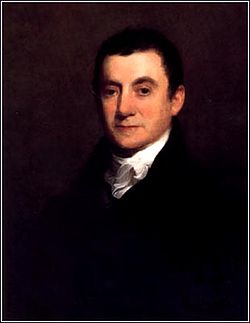Civil society

Clergy
- Chauncey Bunce Brewster (1864) – Episcopal bishop
- Benjamin Brewster (1878) – Episcopal bishop of Maine
- Thomas Frederick Davies, Sr. (1849) – third bishop of the Episcopal Diocese of Michigan
- Asa Drury (n/a) – rector of Hopkins from 1829 to 1831
- John Punnett Peters (1868) – Episcopal clergyman, archaeologist, professor, author
Activists
- William Eno (1877) – road safety advocate and inventor
- John Huggins (did not graduate) – Black Power activist, leader of the Black Panther Party



